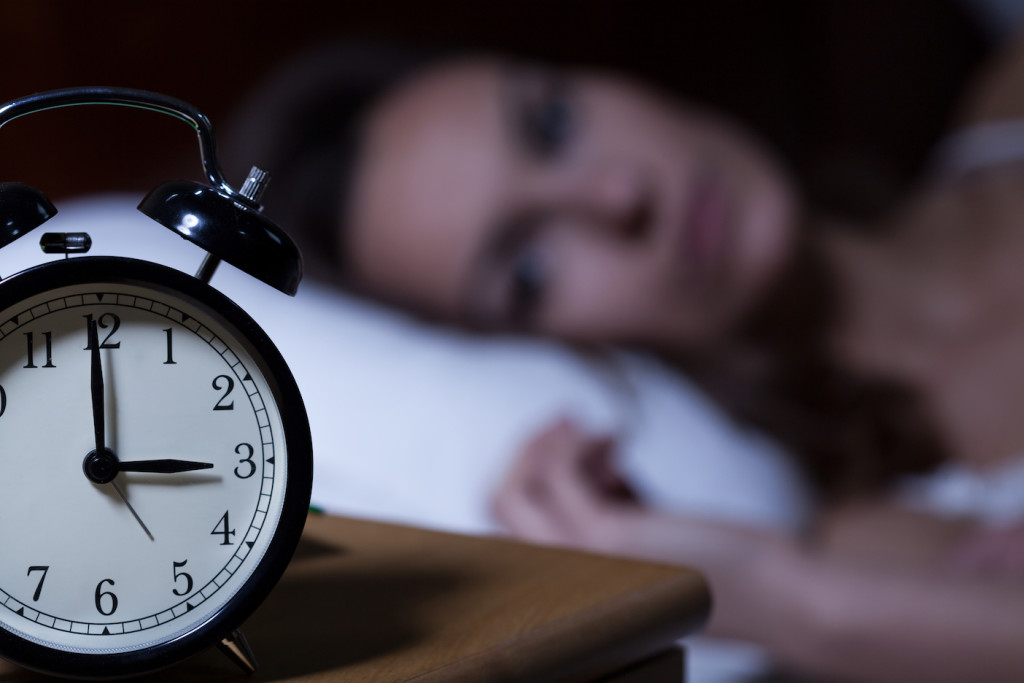Insomnia Treatment: Neurofeedback, an Alternative Treatment for Insomnia

Can neurofeedback help those who suffer with insomnia get some sleep? This article assesses the evidence and implications of this alternative insomnia treatment.
The need for a safe and reliable alternative insomnia treatment has never been more urgent than today as more than 60 million Americans have difficulty sleeping at night. This does not even include those who suffer from occasional insomnia and other sleep related problems. Needless to say the effect lack of sleep has on people is immense both in physical and mental terms, not to mention lost or reduced productivity in the workplace.
Most people try to deal with this problem by taking sleeping pills, but over reliance on those is risky. Others opt for doctors, therapists and health professionals but little progress has been made until now, as neurofeedback has shown signs of being effective.
What it’s like having insomnia
How Can Neurofeedback be Used in Treating Insomnia?
The answer lies in the way neurofeedback works, and that is by altering your brain waves. By applying electrodes on your scalp and stimulating the areas on your brain that promote sleep, you will be able to train your brain to create suitable patterns for sleeping. One of the reasons why insomniacs are unable to sleep is their brain has developed abnormal variables that disrupt sleep, but by consciously altering those patterns you’ll be able to sleep better.
The time it takes to see positive results depends on the severity of your insomnia, but some notice improvements after just a few sessions. What is even more remarkable is this is often reported by those who have been suffering from insomnia for years, and this only goes to show how interconnected sleep and the brain is.
There are a lot of ways neurofeedback can be used to treat insomnia, and a well-trained neurofeedback expert will offer several options plus suggestions on the proper sleep hygiene. Different types of brain maps or EEG may be used, but regardless of the process the one thing you can be sure of is that neurofeedback is safe, has no side effects and is non-invasive.
What are the Other Sleep Disorders That Neurofeedback Can Treat?
As has been made clear in this article, neurofeedback can be used to treat insomnia by having the patient consciously change the appropriate patterns or variables in the brain connected to sleep. However, neurofeedback treatments are not limited to insomnia because the same methods can be used to treat other sleep disorders like:
· Difficulty waking up
· Not feeling rested even after sleeping
· Sleeping too long
· Sleepwalking
· Bedwetting
· Nightmares
· Restlessness
Neurofeedback can also be used to treat other ailments and symptoms related to insomnia like restless leg syndrome, teeth grinding while asleep, sleep terrors (suddenly waking up feeling scared without any memory of your dream) and irregular sleep patterns/cycles.
Brain training goes a long way towards resolving insomnia and other sleep disorders. By regulating the function of your brain, you’ll learn how to manage your brain wave frequencies and discover what it’s like to get a good night’s sleep. This method works across the board so to speak, meaning it doesn’t matter whether you have been suffering from insomnia for a few months or for 25 years.
It’s well known that kids with Attention Deficit Hyperactivity Disorder (ADHD) have a difficult time sleeping, or parents have a hard time getting them to bed. However, children with ADHD that have undergone neurofeedback have an easier time falling asleep. Just as significant, those who have suffered depression from lack of sleep report easing of their symptoms.
Conclusion: Alternative Insomnia Treatment
The science behind neurofeedback and why it’s an effective treatment for insomnia is complex, but what it all comes down to is your brain controls your sleep. An EEG will show how your brain waves change in accordance with your sleeping pattern. By training your brain how to decrease and increase certain patterns you will be able to sleep better and continuously.
Training your brain to fight off insomnia is gong o take time and will require the help of someone who is an expert in neurofeedback. However there is no questioning the results because there is substantial evidence to show that a brain that’s been trained can have a significant effect on sleep patterns. The process that puts us to sleep is a complicated one and many factors affect it, but neurofeedback for insomnia provides positive results.
To speak with our insomnia treatment specialist, give us a call at (801) 649-4445 or fill out the form to schedule an appointment today.
